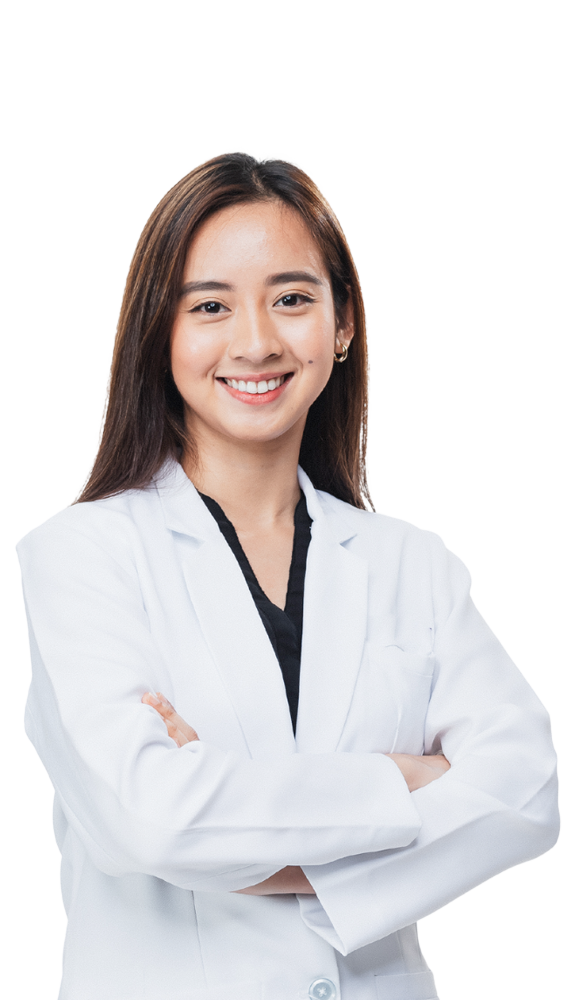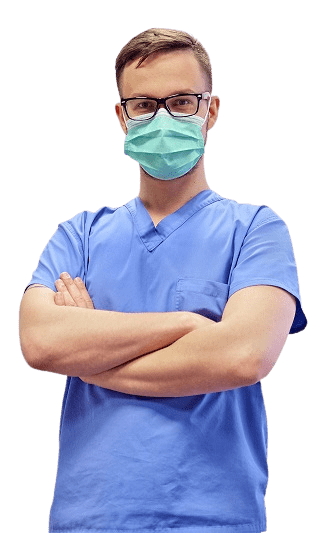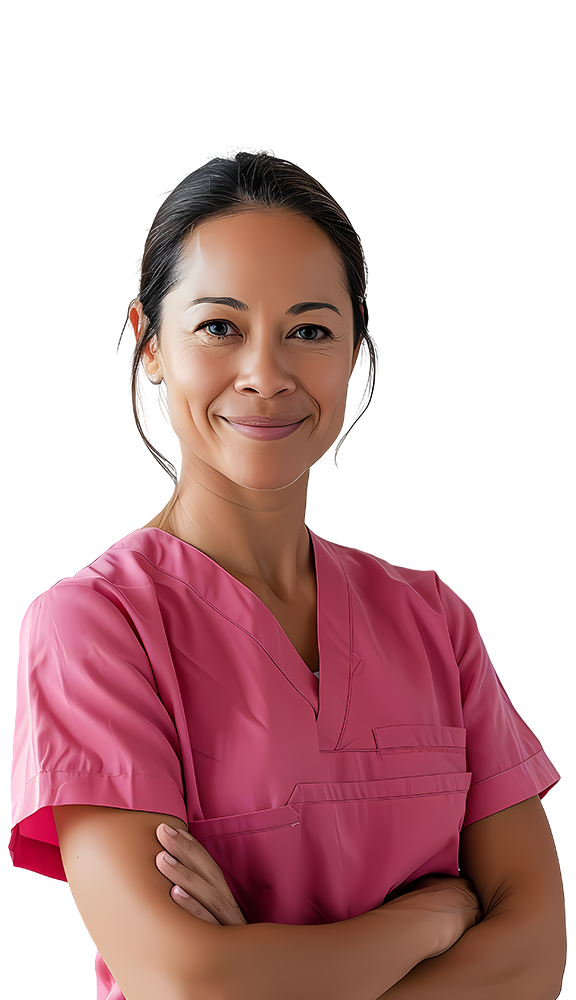After completing this course, the participant will be able to:
Part 1: Treatment Planning for Completely Edentulous Patients
1. Treatment Planning Overview: Comprehensive evaluation and patient expectations. An interdisciplinary approach when needed
2. Prosthetic Considerations: Choice of prosthesis (fixed, removable, hybrid). Occlusal scheme and functional needs
3. Bone Volume: Evaluation via clinical exam and imaging. Considerations for implant placement and grafting
4. Smile Analysis: Esthetics and facial harmony. Incisal edge display at rest and during smile
5. Lip Line and Lip Mobility: High vs low lip line impact on esthetics. Range of lip movement affecting prosthetic visibility
6. Prosthetic Tissue Junction: Transition zone design for esthetics. Blending artificial and natural tissues
7. Lip Support: Restoration of facial contours and soft tissue support
8. Lip Length: Impact on denture flange extension and smile dynamics.
9. Prosthetic Space: Evaluation of vertical and horizontal space. Adequacy for housing all components (framework, teeth, acrylic)
10. Vertical Dimension: Assessment of existing VDO (Vertical Dimension of Occlusion). Restoring proper function and facial proportions
11. Financial Considerations: Aligning treatment plan with patient's budget. Phased treatment options or alternative plans
12. Number of Implants: Based on prosthesis type and support requirements. Balance between biomechanics, esthetics, and cost
13. A-P (Anterior-Posterior) Spread: Critical for fixed prosthesis stability. Planning implant position for long-term success
Part 2: Digital Workflow & Prosthetic Planning for Full Arch Implant Rehabilitaion
1. Implant Configuration: Determining the optimal number and position of implants. Consideration of anatomical and biomechanical factors
2. Occlusal Scheme: Selecting appropriate occlusal concepts (e.g., mutually protected, balanced). Managing occlusal load in full-arch prostheses
3. Digital Diagnosis: Utilizing CBCT, intraoral scans, and patient data.Evaluating bone and soft tissue digitally
4. Facial Scan: Capturing esthetic and soft tissue data. Integrating facial features into prosthetic planning
5. Digital Planning for Implant Case: Virtual implant placement with prosthetically driven planning. CAD/CAM software utilization
6. Surgery: Guided vs freehand surgery. Minimally invasive techniques and flap design
7. Stackable Guides: Sequential surgical guides for accuracy. Integration of bone reduction and implant placement in one workflow
8. Loading: Immediate vs delayed loading protocols. Criteria for immediate function
9. Conversion: Intraoperative conversion to provisional prosthesis. Techniques for efficiency and accuracy
10. Impression: Open/closed tray techniques. Digital vs conventional impressions for full-arch
11. Verification Jig: Passive fit verification. Importance in reducing prosthetic misfit.
12. Bar Design: Selection of bar type (hybrid, Hader, wrap-around). Support and retention considerations
13. Materials: Titanium, zirconia, PEEK, PMMA options. Choosing based on esthetics, strength, and cost
14. Complications: Common surgical and prosthetic issues. Prevention and management strategies
15. Recommendations: Best practices based on evidence and experience. Treatment protocols and patient selection
16. Maintenance: Hygiene protocols and recall schedule. Long-term success through patient education and follow-up
Prior level of experience in Basic implant treatment planning is required
Friday, June 13 2025
Lecture Details
CE Lecture Hours: 8 CE Units
FEE: $895
LOCATION: 20 Birch St, Redwood City, CA 94062
Breakfast & Lunch Provided,
You are welcome to bring your assistant

Ihab M. Hanna
DDS, FAAID-DABOI
Dr. Ihab M. Hanna graduated, with honors, in 1994 from Cairo University. Afterward, he spent three years in training and hospital residency before moving to San Francisco. He completed two years of General practice residency at the University of Illinois, as a chief resident, where he acquired additional training in the use of Dental Implants, sedation, and special care dentistry.
With over 25 years of implant dentistry experience and faculty at Hiossen’s implant education program, Dr. Hanna has extended his skills and knowledge to the community through his implant study club where he supports general dentists in advancing their education further.
Dr. Hanna is the founder of the RWC Implant Study Club and is committed to sharing dental implant education with the general dentist community.
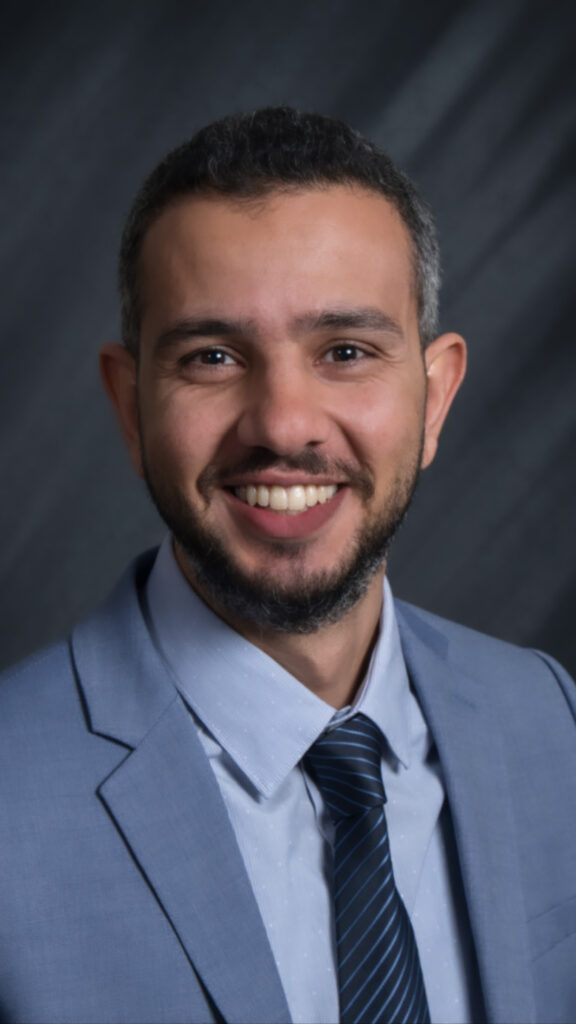
Mohamed El-shewy
BDS, MSc, Ms, MBA, FACP
Dr. Mohamed Elshewy is a Board-certified prosthodontist and a Diplomate of the American Academy of Prosthodontics, with a distinguished international background and a strong commitment to excellence in patient care, education, and leadership. After his graduation in 2016, Dr. Elshewy joined the Prosthodontics Residency program at Marquette University in 2017.
He later completed a highly regarded Implant Fellowship at the University of Rochester in 2021, gaining extensive experience in surgical and restorative implant procedures. In 2024, he earned an MBA from Augusta University, further enhancing his capabilities in healthcare leadership and academic management.
Dr. Elshewy brings a comprehensive blend of clinical expertise, academic achievement, and strategic insight. He is passionate about advancing the field of prosthodontics, implantology mentoring future dental professionals, and contributing meaningfully to dental education and innovation.
ADA CERP
RWC Implant Study Club is an ADA CERP Recognized Provider. ADA CERP is a service of the American Dental Association to assist dental professionals in identifying quality providers of continuing dental education. ADA CERP does not approve or endorse individual courses or instructors, nor does it imply acceptance of credit hours by boards of dentistry. RWC Implant Study Club designates this activity for 8 continuing education credits.
Register now
Caution for participants: Participant must be cautioned about the potential risks using limited knowledge when integrating new techniques into their practices Disclosure of instructors: Dr. Hanna has no financial interest in any commercial companies, he only receives honorarium from some commercial companies. RWC Implant Study Club has no financial relationships nor is sponsored by any dental suppliers.
Caution for participants:
Participants must be cautioned about the potential risks of using limited knowledge when integrating new techniques into their practices
Disclosure of instructors:
No financial interest in any commercial companies. RWC Implant Study Club has no financial relationships nor is sponsored by any dental suppliers.
Cancellation policy:
Cancellations are accepted up to 2 weeks prior to course
Refund policy:
No refunds 2 weeks prior to course date
